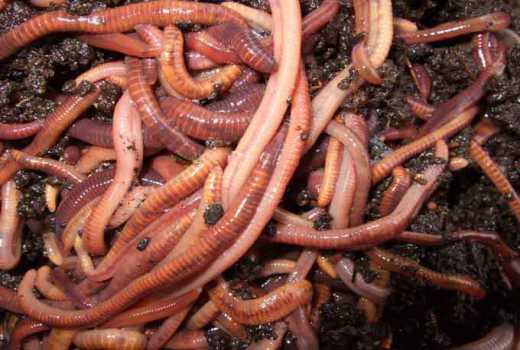×
The Standard e-Paper
Kenya’s Boldest Voice

In a small village in Siaya County, a group of farmers have embraced a venture many who do not understand it, see as odd. Akonya Farmers Group embraced vermiculture ten months ago and are cashing in on it.
“We first learnt the importance of red worms after training by Welf hunger hilfe, a German NGO. This was a turning point for our agribusiness venture,” says Alex Omwanda, the group’s secretary.